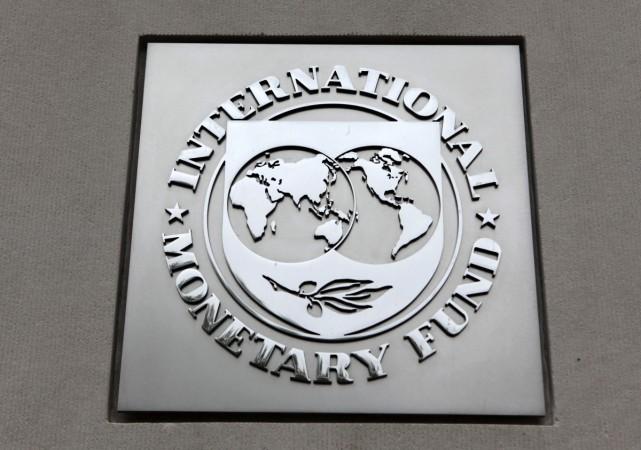
As the downside risks to global economy rise, International Monetary Fund (IMF) has called on the G20 nations to spend more.
Before the G20 meet began in Chengdu, China, on Saturday, the world body warned that the global economy was slowing even as uncertainties from Britain exiting (Brexit) the European Union loomed large.
Cutting the forecast for global economy by 0.1 percent to 3.1 and 3.5 percent respectively for 2016 and 2017, the IMF warned "growth could be even lower if the current increases in economic and political uncertainty in the wake of the 'Brexit' vote continue," reported AFP.
However, it emphasized that large infrastructure projects had the power to "boost short-term demand directly, and catalyse private investment," and developed economies like the U.S. and Germany need to invest more into these productive assets.
Though the issues of global growth and investments have often divided the world's top 20 nations, other challenges today like terrorism have hit the financial markets badly, said the report. It highlighted the recent series of attacks on French cities and Friday's Munich (Germany) attack as destabilising. It noted, that political turmoil in Turkey with a failed military coup and narrowing of contest in the U.S presidential elections could all add to the burden of global growth.
The G20 process was, however, appreciated for turning the spotlight on global growth and how countries could use their policy tools effectively.
Louis Kuijs, head of Asia economics at Oxford Economics in Hong Kong, told AFP that the monetary policy tool has neared its full potential, except in Japan. He added that fiscal policy easing could increase globally.
At a February meet of G20 nations, finance ministers and central bank governors had vouched to help global growth using all possible policy tools: monetary, fiscal and structural.









!['Had denied Housefull franchise as they wanted me to wear a bikini': Tia Bajpai on turning down bold scripts [Exclusive]](https://data1.ibtimes.co.in/en/full/806605/had-denied-housefull-franchise-they-wanted-me-wear-bikini-tia-bajpai-turning-down-bold.png?w=220&h=138)



